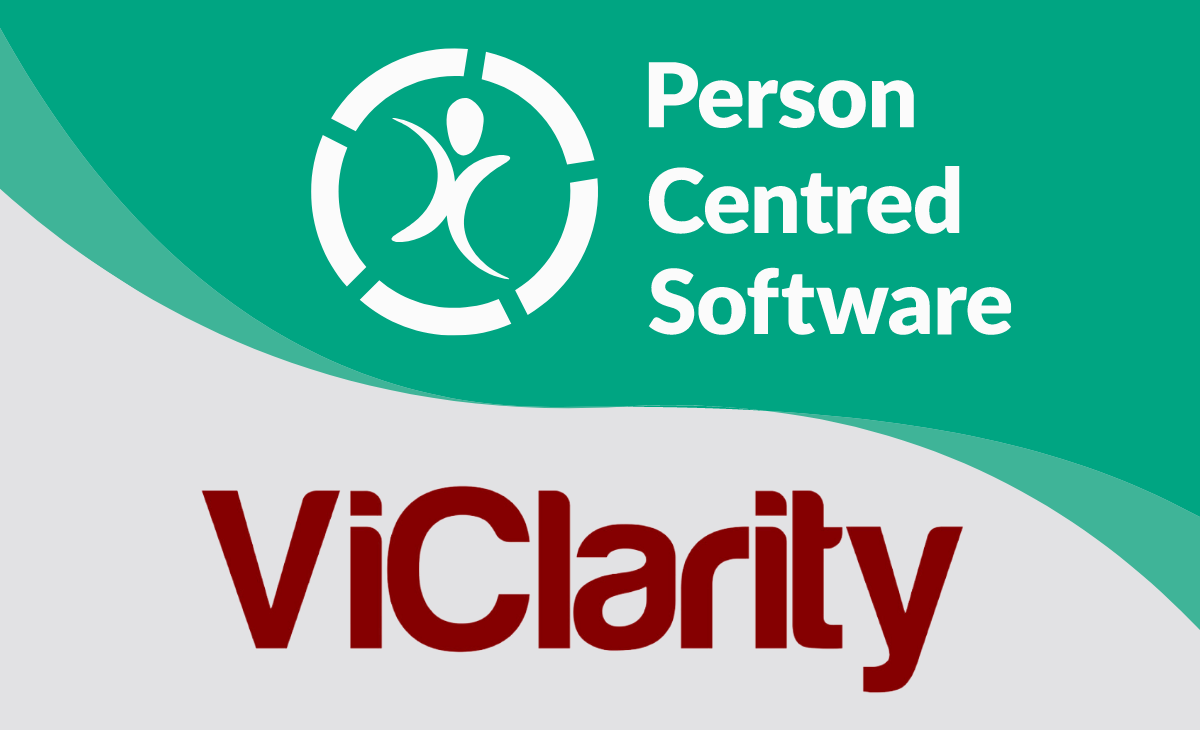
Health Europa article: Digital evidence-based care systems: helping care homes enter the digital age.
Jonathan Papworth, co-founder and Director of Person Centred Software talks about the urgency for social care providers to adopt digital evidence-based care systems in the Health Europa article.
Care home providers need greater support if they have any chance of delivering the quality of care that we all want for our aging populations within the financial constraints they are placed under. According to Jonathan Papworth, there needs to be a cultural shift to encourage care homeowners to join the 21st century and use technology to streamline out of date working practices – could this be the dawn of electronic evidence-based care systems?
Jonathan has a unique insight into the care home sector. He has worked in the social care sector for over 30 years. Six years ago, he and his brother Simon, set up Person Centred Software with the aim of removing the paperwork that was so frustrating to care workers in an industry that has been notoriously slow to move away from paper-based documentation.
“From the outset, we focused on improving the lives of the care staff users,” explains Jonathan. “We wanted to help them do more of what they love doing, which is caring for others. Our Mobile Care Monitoring (MCM) software has picture icons on a handheld device. Users can see who they are caring for and their care needs. Carers evidence care in real time, ensuring the quality of information is both accurate and detailed. It’s ideal for new or agency staff who don’t know the residents well and it’s fast and easy to use with limited need for typing.”
Most importantly, it frees up time to do the actual caring. With MCM, care home staff save at least one hour a day each on documentation, compared to paper or computer-based systems. This helps to improve teamwork and staff morale. MCM has been designed to capture every aspect of care and is used by everybody so it delivers a holistic insight into the care delivered with measurable outcomes.
A challenging market
Mobile Care Monitoring is now the most widely used software in the sector, with over 1,200 care homes capturing more than two million care notes every day.
Whilst Person Centred Software has been hugely successful, Jonathan explains that getting providers to adopt electronic evidence-based care systems is still a major challenge. “MCM is helping care providers to be fully recognised for innovative, transparent and person-centred care that is acclaimed by inspectorate bodies,” he confirms.
Recording every interaction on a mobile device enables the effective creation and upkeep of well-documented, person-centred care plans, informed by the evidence of care. For managers, this provides instant access to audit and compliance data since the software conforms with regulatory bodies and supports CQC inspections, including the latest technology KLOEs.
Jonathan is proud of the fact that Person Centred Software has more CQC ‘outstanding’s’ amongst smaller and medium sized providers due to their greater willingness to innovate. Approximately 5% of MCM customers have achieved CQC outstanding compared to 2% of care homes nationally achieving the regulator’s top rating.
However, it’s still early days. Jonathan points out that whilst Person Centred Software has secured over 50% of the market that has adopted electronic evidence-based care systems, there are approximately 16,500 care homes in the UK, with about 80% of the industry still reliant on paper reporting.
In addition, the UK care home industry lags behind the rest of the world in digital adoption, especially when compared to Australia and Holland.
Striving for openness and transparency
Jonathan anticipates that the use of digital records will become increasingly important as care homes come under increased scrutiny from family, friends and the media, who demand greater transparency about how loved ones are being cared for and treated.
“When we launched Person Centred Software there was very little transparency and openness in social care. Whilst considerable progress has been made, there is still a reluctance to be open about services.”
An innovation from day one within MCM was the Relatives Gateway, a secure portal for friends and family of residents in care homes to share messages and photos electronically. And if appropriate, to view care and electronically sign care plans.
“The system not only dispels families’ fears about care homes but keeps them much more connected to a family member’s new stage of life during the transition to living in care,” Jonathan says.
“The Relatives Gateway also gives value back to carers, since it shows and recognises everything that they do, from major activities to the smallest acts of kindness.”
Whilst Jonathan has seen a steady increase in care homes offering Relatives Gateway, many remain resistant.
“Managers just need to remember that they have full control over the level of data they share and can build it up slowly as they become more confident about being transparent.”
Integrating electronic evidence-based care systems
Another major challenge in the UK is the complexity of funding and the difficulty integrating to the NHS. Jonathan points to the considerable lack of government focus on integration but is determined that MCM delivers full data exchange between care homes, the NHS and GPs.
“Open integration between systems is critical. It means that since care homes record all care and care planning within MCM, it can then be made available to NHS Health Systems.
“So far, we are leading the way and have two care homes integrating information from MCM into digital hospital admissions packs when residents transfer to NHS trust hospitals, but there is no funding currently in place to roll this out.”
Jonathan outlines the benefits. “With electronic transfer of information, the hospital has all the personal details they need to care for the resident in front of them, not just the emergency clinical information. Doctors and nurses no longer need to call the care home to find out more information. It saves a lot of time and ensures that residents receive smooth transfers to hospital with holistic, person-centred care at all times.”
Partnering for innovation
Person Centred Software is working with partners to develop a care ecosystem that includes a complete suite of digital systems that work together and feed into MCM.
For example, the company is working with PainChek®, the world’s first smartphone pain monitoring and assessment technology that uses AI and facial recognition technology.
“PainChek has been integrated into MCM to deliver a joined-up solution for care providers to monitor pain in people who are non-verbal, such as those living with dementia,” says Jonathan.
“Since 70% of people living in care homes have dementia in the UK, PainChek® is a valuable tool for care providers. It helps reduce the guess work in assessing people’s needs and ensures the delivery of more accurate and appropriate medication.”
Another major collaboration is with ASCOM
UK’s Myco 3 smartphone and is set to transform care for residents, integrate technology and drive up standards.
Myco 3 works with software, apps and integrated devices to support the flow of critical information.
“Our partnership will help care homes realise the benefits of using innovative technology, offering the opportunity to integrate evidence of care with other systems to provide a universal mobile device for everyone involved in the provision of care.
Whilst Jonathan is keen to add further artificial intelligence to the system, he remains a committed advocate of person-centred care.
“The future for technology in social care is both urgent and exciting, but tools or machines must focus on freeing up humans’ time, not replacing human care. We must never forget that people need to interact with people and any new technology must ensure carers have more time for personal care. Our digital capture of care intervention is world beating and I believe this is because our focus has always been on improving the lives of carers and people receiving care.”







.webp?width=80&height=80&name=HTD%20Awards%202023%20Badge%20(4).webp)














